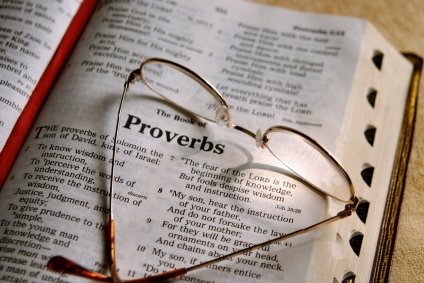 I’ve been reflecting on ethics recently. That is always dangerous for me, because when I get tied up with terms like deontology and teleology and contextual and situational, I get easily confused. I think I even made it through six years of graduate study without taking one ethics class! I don’t know whether to be glad or horrified.
I’ve been reflecting on ethics recently. That is always dangerous for me, because when I get tied up with terms like deontology and teleology and contextual and situational, I get easily confused. I think I even made it through six years of graduate study without taking one ethics class! I don’t know whether to be glad or horrified. Even so, folks have helped me see some basic notions. I have learned that in our day, our metaphors have shifted. While in the past we might readily talk of good and bad, or a little later talk of right and wrong, or truth and lies, in today’s world most of us talk about the difference between being responsible and irresponsible. H. Richard Niebuhr wrote about these ethical understandings in his classic text, The Responsible Self. I did read that text once upon a time. Others have helped me see that, like theology, ethics is about living as appropriately as we can and finally everybody is an ethicist one way or the other.
In his Letters from Prison (if I correctly recall), Bonhoeffer defined responsibility as standing in the perpetual tension between freedom and obedience. Bonhoeffer did not directly write challenging Sartre, whose existentialist philosophy celebrated freedom and responsibility. Bonhoeffer, was of course an existential theologian as well arguing for theology from the underside, but he also argued that obedience was always a part of the equation.
These two realities, freedom and obedience, (decision and commitment - choice and obligations) were always in tension and irresponsibility had to do with collapsing that tension. If one stood completely on the freedom pole, ignoring obedience, then one’s life becomes a caricature, we become an irresponsible genius. If one denied human freedom, one became a person of duty, one who is always simply following orders. Of course, in Bonhoeffer’s
For Bonhoeffer, what allowed a person to stand in this tension was the Word, not as some cheap formula, but as a lived event. So, if one finds oneself paralyzed with inaction because there are too many values to hold, or obligations to meet, the living word tells us to get off our duff and make a decision. A poster I once saw read, “Action Removes the Doubt that Inaction Can Never Solve.”
Or again, if one is living in the illusion that one’s decisions are solely their own business, the living word confronts that irresponsible genius with the innocent suffering of his/her neighbor, calling for a new sort of relatedness.
But what about social responsibility? I recently had lunch with my colleagues, Simon and Eunice, who attended Glenn Memorial while they were still students at Candler. Following seminary, they were assigned to the
The tension between freedom and obedience is difficult, what keeps us dancing is the assurance that God, in God’s power can use whatever we offer up, mistakes and all.
Bonhoeffer points out that we always function in the twilight – good strives with good and more importantly evil with evil. There are times where we must in our authentic freedom chose between wrong and wrong not knowing which is the least of the two evils. I seem to remember that the “tree of the knowledge of good and evil” was off limits. Bonhoeffer’s decision to participate in a plot to overthrow Hitler witnesses to these difficult choices.
My point is that God in God’s grace gives us wide space to act without overwhelming guilt. My friend Rachel recently pointed out our alternative Psalm for this week (Psalm 4) where is says that “in my distress, God gives me space.” God gives me space, not to do whatever we want to do, but enough space to discern, albeit through a glass darkly, what our best vision of what God requires of us.
Bonhoeffer would say that we can then act freely, leaving the judgments to God. As I reflected, I found myself humming the old hymn tune – “there’s a wideness in God’s mercy.”
Indeed, Grace and Peace are yours.
John





No comments:
Post a Comment